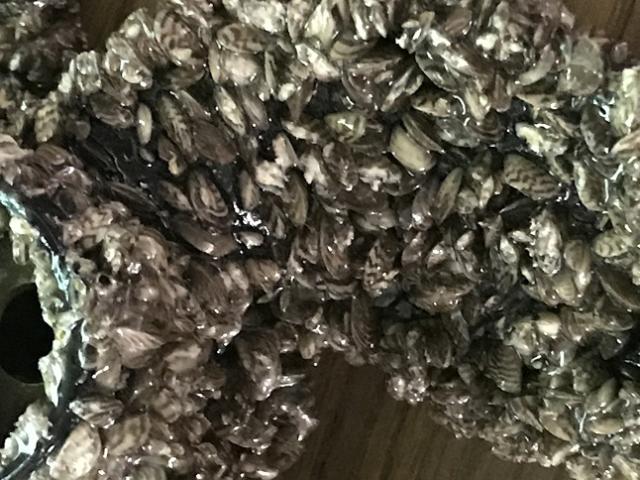A technical briefing took place earlier today to further discuss Zebra mussels in Clear Lake.
Dameon Wall, External Relations Manager details stage one of the controls.
"We've received the first shipment of the containment curtain that arrived here on site on Monday. We anticipate arrival of more material for that containment curtain to be coming shortly along with a crew that will be deploying that."
The next step would to be apply potash to any mussels found, as Tim Town, Ecologist Team Lead, not doing so could be catastrophic.
"Clear Lake's at the top of the watershed, right? So it flows out of Wasagaming Creek which connects to the Little Saskatchewan River and the Assiniboine River so if zebra mussels were to propagate downstream, it would just be devastating."
Previous studies that Town Referenced noted that potash was very effective at killing off zebra mussels while keeping a concentration low enough to not harm other aquatic or terrestrial species.
There were also some questions on people who aren't concerned about zebra muscles, as their presence often makes for more water clarity where they're found.
Town explains that the clarity may look nice, but represents a cascade failure of the ecosystem.
The zebra mussels consume algae at the bottom of the food chain, and that would ripple into the sport fishing population as this balanced ecosystem is thrown into chaos.
As part of the isolation of this curtain, there will be further studies on where else in the lake the zebra mussels have spread, and if greater efforts need to be taken.







